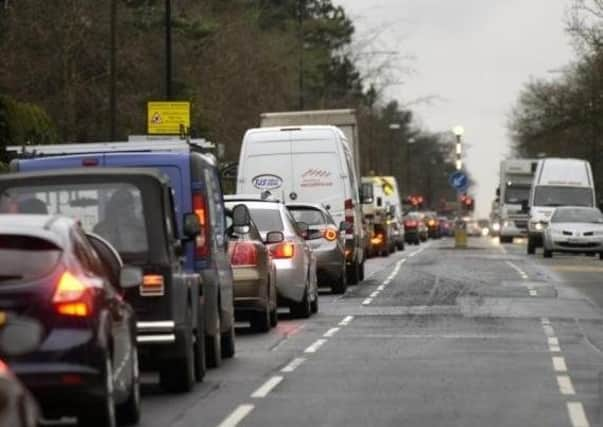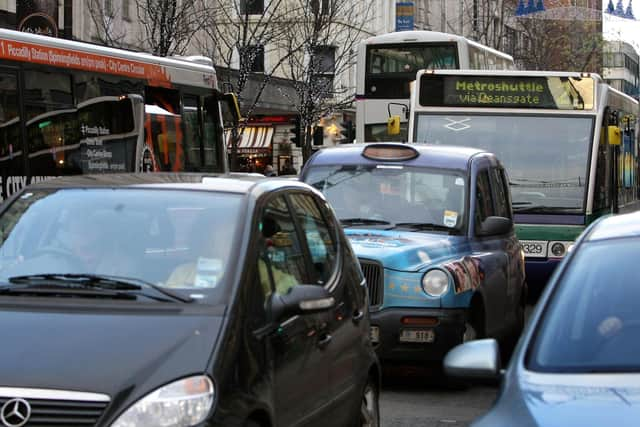Time for one car per household limit to tackle climate change: Yorkshire Post Letters


I HAVE just read Bernard Ingham’s excellent article on climate change (The Yorkshire Post, March 18).
Our wealth is shown by the number of cars in the drive.
The cars are so large they no longer fit in the garage. Nearly all cars can go over 100mph using massive amounts of fuel.
Advertisement
Hide AdAdvertisement
Hide Ad

Most households in the west have two or three cars each driven by one person.
There are now so many cars on the roads that our towns and cities are often gridlocked. We are able to travel all over the world at speeds of 500mph.
The faster you travel the fuel consumption increases exponentially, pumping the CO2 directly into the upper atmosphere causing climate change to occur even faster.
In order to reduce the levels of CO2 and nitric oxide in the world atmosphere, we must stop producing so many vehicles.
Only one small car per family.
Each car to have a small-high powered petrol engine.
Advertisement
Hide AdAdvertisement
Hide AdMassively improve public transport so that all people can get to and from their place of work easily.
Support The Yorkshire Post and become a subscriber today. Your subscription will help us to continue to bring quality news to the people of Yorkshire. In return, you’ll see fewer ads on site, get free access to our app and receive exclusive members-only offers. Click here to subscribe.
Comment Guidelines
National World encourages reader discussion on our stories. User feedback, insights and back-and-forth exchanges add a rich layer of context to reporting. Please review our Community Guidelines before commenting.